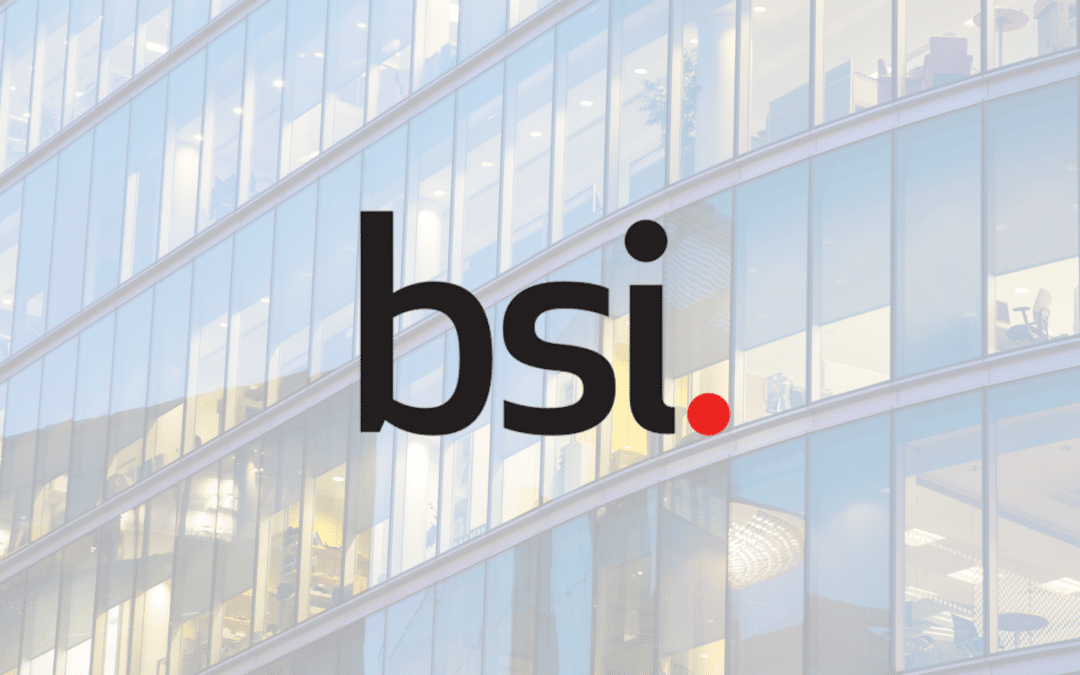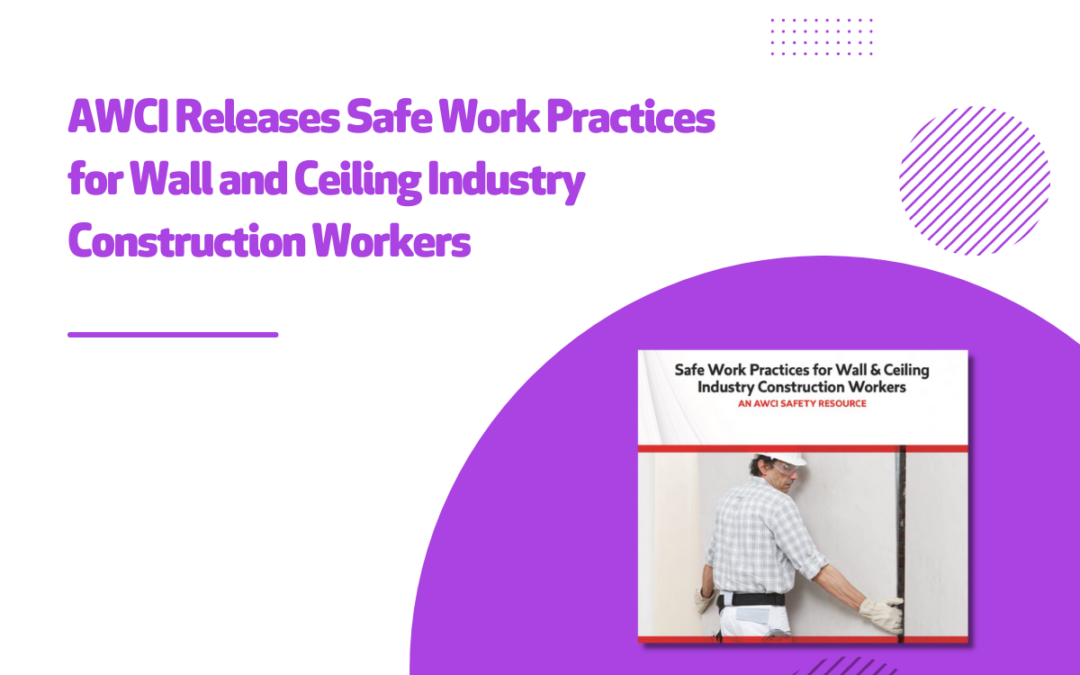
by Oscar Venus | Aug 30, 2023 | Health and Safety
Are you interested in the latest developments in the fire testing industry? The IFE Fire Testing webinar may hold the answers to some of the challenges faced in this field. During this webinar, experts will analyse the latest research and suggest how digital innovation could provide solutions. Participants will also learn about fire testing procedures in accordance with key BS and EN standards and discuss the potential impacts of removing BS 476 from Approved Doc B.
If you are a client organisation, housing provider, architect, design/multi-disciplinary firm, fire engineering firm, fire test house, testing, inspection and accreditation body, or a regulator, this webinar is for you. You will gain insights into the latest market research, an overview of current fire test types and relevant standards, and information on future solutions that can enhance capacity, competence, and capability. The event will conclude with a post-event copy of the presentations and a recording of the webinar for future reference. Join us to learn more about the exciting developments in the fire testing industry.

by Oscar Venus | Aug 17, 2023 | Health and Safety
The BSR’s recent webinar provides an overview of the new building control process, as well as the new duty holder roles and three Gateways, and members can register to watch it back on demand.
Starting from October 1st, the Building Safety Regulator (BSR) will officially take on the role of Building Control Body for higher-risk buildings, with plans to provide a transitional period for ongoing projects. For all other buildings, the Building Control Body can be either a department in the Local Authority or a Building Control Approver, a private company that provides Building Inspectors. Building Inspectors will be required to undergo an assessment and certification process in order to register with the BSR between October 2023 and April 2024. The Chartered Association of Building Engineers (CABE) and the Building Safety Competence Foundation have been announced as the first independent competence assessors to partner with the BSR.
The BSR recently conducted a webinar that provides an insightful overview of the new building control process, the new duty holder roles, and three Gateways. Members who missed the webinar can register to watch it on demand at their convenience. The BSR’s new role as the Building Control Body for higher-risk buildings is a significant step in ensuring the safety of building occupants and reducing the risk of future disasters.

by Iain McIlwee | Aug 16, 2023 | Health and Safety
From September – HSE site inspections across Great Britain to focus on moving and handling materials
Starting in early September 2023, HSE will be undertaking construction site inspections, focusing on moving and handling construction materials. The inspections will be checking employers and workers know the risks, plan their work and are using sensible control measures to protect workers from injuries and aches, as well as pain and discomfort in joints, muscles and bones known as musculoskeletal disorders (MSDs).
These injuries can have a serious impact on workers’ ability to perform tasks; their quality of life; and in some cases, their ability to stay in work and earn a living.
This latest health inspection initiative is supported by the ‘Work Right Construction: Your Health Your Future’ campaign to improve the long-term health of those working in construction.
Find out more about the campaign by visiting:
The supporting resources from HSE includes a range of posters and site signage and guidance in the form of:
Commenting on this campaign FIS CEO Iain McIlwee stated:
“The concept of Occupational Health is an area that there has been growing understanding of in recent times. We have a responsiblity, not just in terms of safety, but looking after the long term health of our workers and limiting the potential damage that can result from lifting heavy items. There is more work to be done here to support a more inclusive workforce too as well as helping to extend careers in the sector and ensure that we optmise productivity and attack the labour shortage from all angles.”
Specialist advice is available from FIS to support activities including a free helpline and Health and Safety Working Group that convenes to review accidents and exchange best practice where necessary, latest guidance includes:
FIS Manual Handling Guide: Safe handling of plasterboard (which is relevant for all moving board type material) and Recommendations for the safe ingress of plasterboard (which looks at how material should be moved through the site). Members also have access to AWCI: Safe Work Practices for Wall and Ceiling Industry Construction Workers, a guide developed for the US market, but has been made available to FIS members through our partnership with AWCI).
The FIS Health and Safety Toolkit is available here

by Clair Mooney | Jul 7, 2023 | Health and Safety
AWCI has released “Safe Work Practices for Wall & Ceiling Industry Construction Workers, an AWCI Safety Resource,” a publication on best practices for construction site safety.
Targeted to construction professionals in the wall and ceiling industry, the 28-page document provides summaries of safety best practices and principles on 41 potential hazards in the drywall and plastering fields. The subject matter ranges from aerial lifts to welding and includes several topics specific to drywall construction, such as drywall carts and stilts.
FIS Chief Executive Iain McIlwee said:
“We enjoy a great relationship with the AWCI built on shared values and collaboration. We are grateful that we can bring this fabulous resource, developed in the US, to support safety in the UK”.
The information provided is a quick read and easy to understand, and is useful for toolbox-talk presentations as well as a year-round resource.

by Clair Mooney | Jun 23, 2023 | Health and Safety
in response to calls for a consistent framework for drug and alcohol testing across the industry, the CLC has shared Build UK’s template Drugs and Alcohol Policy.
Recognising that there are different legal limits across the nations and workplace environments, along with various ways of testing, the policy can be adopted by the whole construction supply chain to provide a consistent approach to the issue of drugs and alcohol, which will help the industry to eliminate unnecessary duplication and waste.
The template policy has been drafted so that companies can adopt it in its entirety or incorporate elements of it into their own policy to suit their business, and the June 2023 version has been updated with additional information on the consumption of alcohol as part of corporate hospitality for those companies that permit it

by Clair Mooney | Apr 27, 2023 | Health and Safety
Build UK’s Drug and Alcohol Policy can be adopted by the whole construction supply chain to provide a consistent approach to the use of drugs and alcohol. Recognising that there are different legal limits across the nations and workplace environments, along with various ways of testing, the Build UK template policy has been developed with Eurofins Workplace Drug Testing to provide a consistent framework for drug and alcohol testing as well as dealing with instances of misuse, eliminating unnecessary duplication and waste across the industry.
The policy is currently available to FIS Members through our membership of Build UK. Download your copy of the Drugs and Alcohol Policy here.





